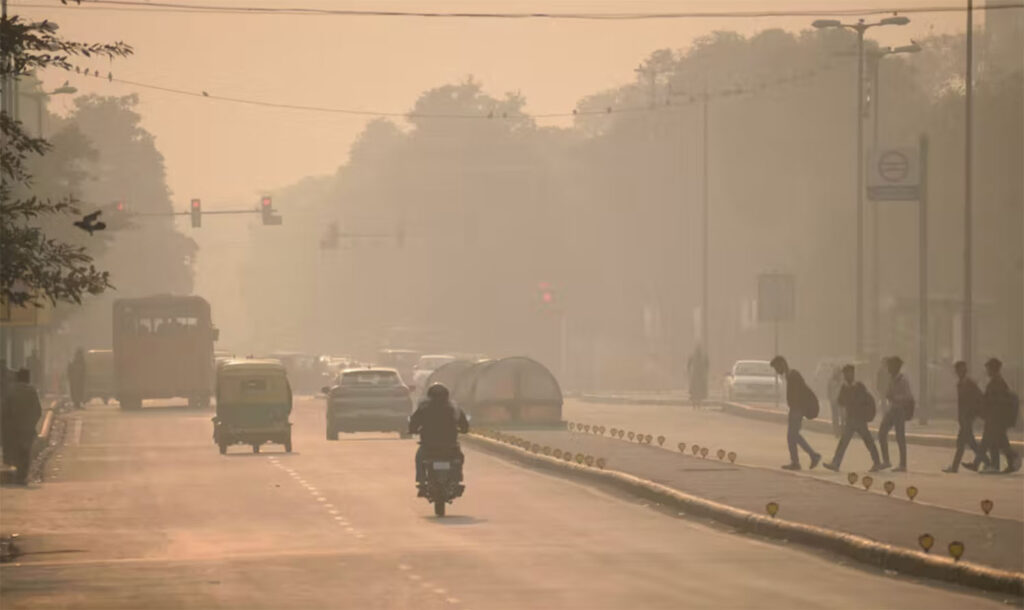By Olivia Salzwedel, Alliance Intern from University of Minnesota Morris ’22
A new Lancet study revealed that antibiotic resistant bacteria is spreading through air pollution, on top of food and water contamination. According to the CDC, antibiotic resistance happens when bacteria develop the ability to defeat the drugs created to kill them, making deaths from illnesses like tuberculosis and pneumonia more likely to occur. Over 1.27 million antibiotic resistance related deaths occurred worldwide in 2019 and are predicted to contribute to ten million deaths per year by 2050.
The death rates caused by antibiotic resistance continue to rise in part due to the misuse of antibiotics with food animals. According to Food Safety, humans are ingesting a large portion of resistant bacteria from animal products as 70% of all antibiotics are consumed by animals and then those animals are consumed by humans. Animal antibiotics are meant for treating disease but adding antibiotics for animal weight gain causes an obnoxious overexposure promoting bacterial resistance in consumers, increasing risks for untreatable infection.
The new Lancet study is comprised of 116 countries evaluating the most dangerous air pollutant, PM2.5 (2.5mm in diameter), small enough to get through a N95 mask. So no matter what, these antibiotic resistant bacteria can be ingested, even through masks and thus affect your body’s ability to fight infection.
According to The Conversation, every 10% rise in the concentration of PM2.5 is linked with a 1.1% global increase in antibiotic resistance, projected to cause 43,654 deaths from antibiotic-resistant bacterial infections. In addition, the planet is being turned into the perfect environment for resistant bacteria to thrive, due to increased temperatures caused by global warming. The highest levels of resistance are seen in North Africa and West Asia which have the highest concentration of PM2.5, while the lowest levels are in Europe and North America. This underscores the social justice significance of antibiotic resistance.
While research is still being done on the topic, there is no doubt that we must improve Earth’s air quality if we want humanity to stay healthy and lower the number of antibiotic resistant-related deaths. The creator of the first antibiotic, Alexander Fleming, warned about this problem in 1945 when antibiotics first gained popularity. However, big pharma and ag, policy makers, healthcare workers and the public didn’t listen. It’s now time to act to stop the spread of airborne, food and water antibiotic resistant bacteria to protect humanity from the danger of unstoppable diseases.

